We Need a New Climate Story
Nature is Climate
Biodiversity loss is not just the result of climate change, it is a primary driver of climate change. Only solutions that prioritize this web of life will create a truly livable climate for all.
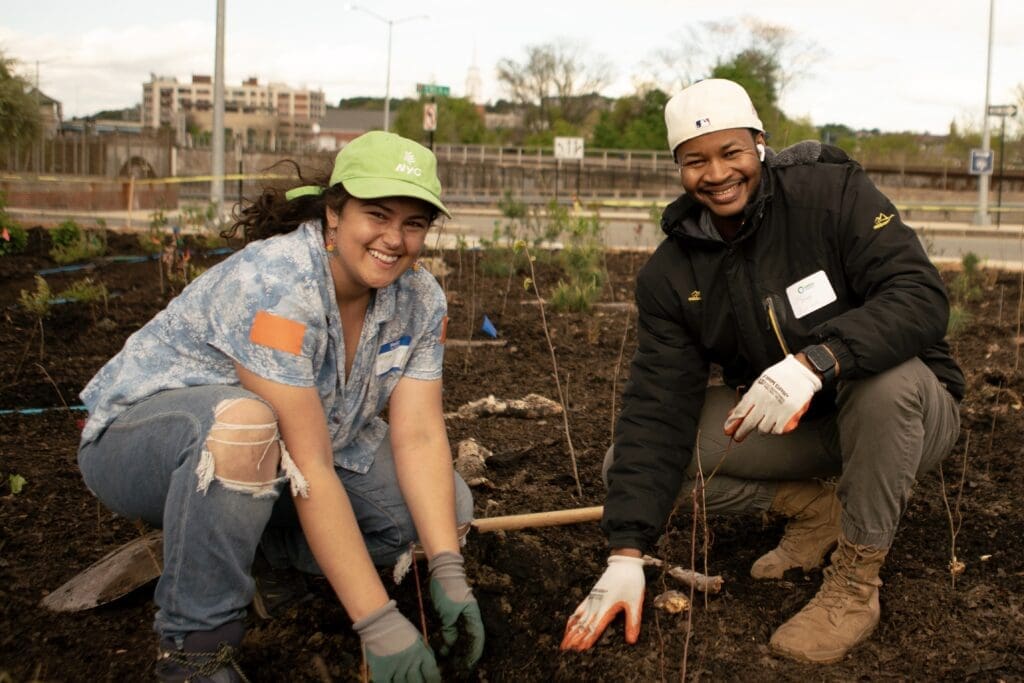
Restore Nature – Cool the Planet
Only nature has the ability to both cool the planet and lower greenhouse gas levels. Our planet is already too hot and too dry to maintain a stable climate and support life. These 4 Climate Keys are interlocking pieces of the cycles we must repair to quickly stop warming and start cooling the planet.
Cool
Healthy ecosystems full of biodiversity create direct cooling effects for our hot planet. More Nature = Less Heat.
Hydrate
Keeping water in the ground supports plants, crops and people. Beavers, insects and microbes are part of the Infiltration Team
Plant
Planting for biodiversity creates healthy ecosystems. Forests sequester carbon and use water vapor to move heat away from the Earth
protect
Indigenous leadership and wisdom can help us. Stop deforestation, industrial ag, mining, and pollution that kill off biodiversity.
Replace with regenerative practices
Q: What about atmospheric Carbon Dioxide – you know – the greenhouse effect?
A: It’s an important part of the story, but not the whole story. Learn More.
Who We Are
Bio4Climate Tells the Hidden Stories
For nearly a decade we have looked behind, around, and under the prevailing climate narratives for the missing pieces of the puzzle. We continue to bring you authors, ecorestoration specialists, and scientists from around the world who explore the interlocking systems that create a livable climate.
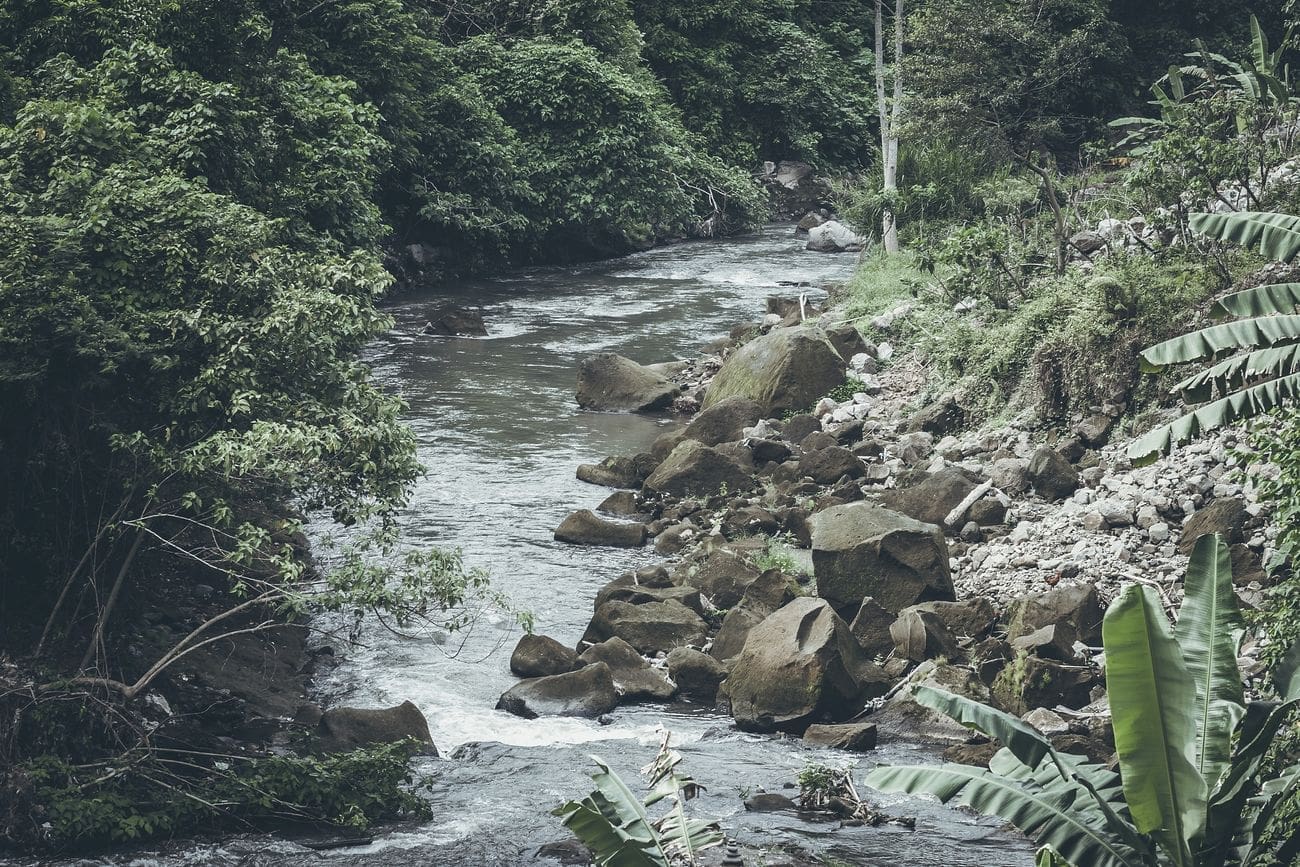
Stay on top of the Climate Conversation
Through education, policy and outreach, we promote the great potential of inexpensive, low-tech and powerful Nature solutions to the biodiversity and climate crises, and work to inspire urgent action and widespread implementation of many regenerative practices.
This Week
News and Insights

Bringing Awareness to the World’s Most Forgotten Rainforest
Can you name the three largest rainforests in the world? The average person may only be able to name the largest: The Amazon. The Congo and Mekong basins garner much less global attention than the Amazon, but they are just as important and worthy of protecting.
Rainforests act as carbon sinks, making these rainforests crucial to using nature as a climate solution. A recent report released by the Science Panel for the Congo Basin detailed that the Congo basin absorbs 600m tonnes of carbon dioxide a year. However, the number is decreasing due to deforestation.
“[The basin’s] significance extends far beyond its borders. The basin’s rainfall feeds main river systems across the continent, sustaining life as far away as the Sahel.”
We hope this coverage helps bring critical attention and funding to the Congo basin and other large, underfunded rainforests.
oices continue to be honored as climate leaders around the world.
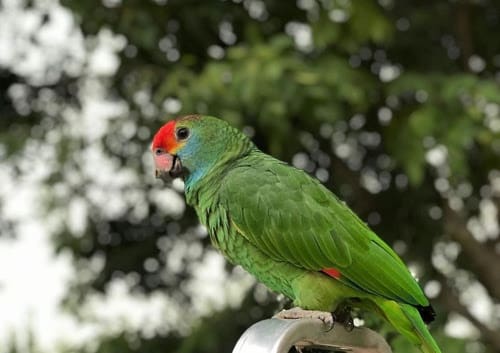
Return of the Parrots: Red-browned Amazons Find their Way Home
Earlier this year, twenty red-browned amazons were released in a forest reserve in Alagoas, Brazil. At the time, only four wild birds remained. Due to illegal trade and deforestation, the species was nearly driven to extinction.
After a decade of silence, these birds have brought their cheerful chirps back to the forest.
Before being released into the wild, these birds spent a couple of years in a large aviary within the forest, where they learned to identify food sources and adjust to the environment. The released parrots are all young, and it’s likely that they will be able to breed in the next few years. Keep an eye out for updates on red-browned amazon chicks in 2027!
Events and Community

How Trees & Forests Shape Our Climate – Kicking off in January 2026
Discover how forests actively regulate climate through wind, water, carbon, biodiversity, and the “living water cycle” that modern climate models often overlook. This course distills what leading scientists now recognize: forests don’t just store carbon - they cool landscapes, stabilize rainfall, buffer heat extremes, prevent floods and droughts, and sustain the wildlife networks that keep ecosystems functioning.
Across eight weeks, we’ll unpack myths, examine logging, biomass, thinning, wildfire narratives, and explore what truly makes a forest healthy. With expert guest speakers, weekly live sessions, and advocacy coaching, you’ll learn how to protect forests in your own region and recognize industry narratives that undermine them.
Join us for a grounded, science-based exploration of why protecting forests is one of the most powerful climate actions of our time.
Register now to receive our Early Bird Price of $97!
Miyawaki Update
This week we ground ourselves in with the opening reflection by Hartman Deetz, Mashpee Wampanoag, which Alex Ionescu shares, “reminds us of the importance of cultivating relationships with both human and more-than-human communities — as relatives connected through what we all hold in common: symbiosis, interconnection, and our shared Earth.”
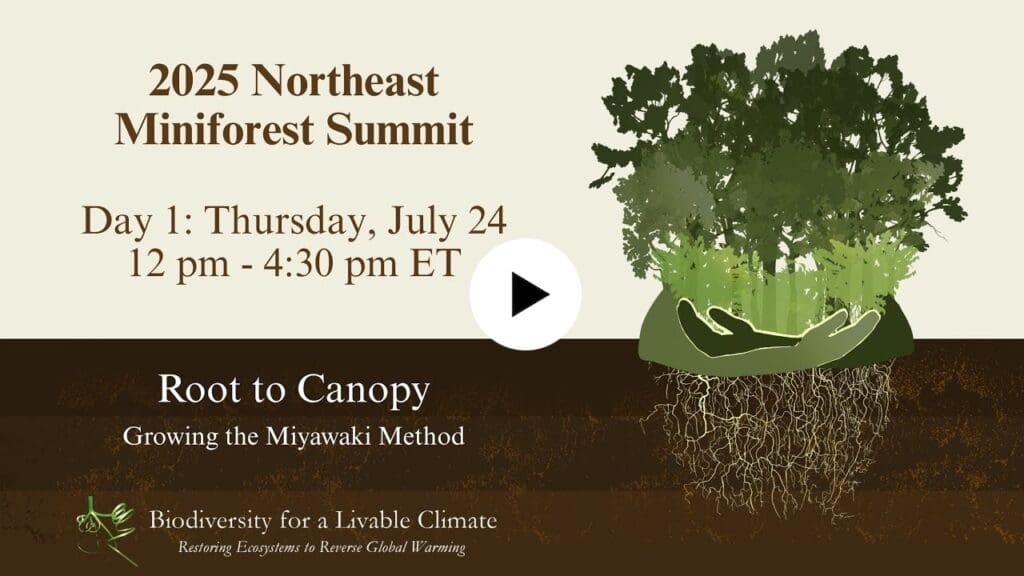
For the next few weeks, we will be sharing videos from the 2025 Northeast Miniforst Summit! From a seasoned forest maker who has already planted several forests to a public official focused on cultivating biodiversity in their district, everyone will have something to glean from this summit and something to share with your community.
A Moment for Art
In honor of this month’s full Beaver Moon, one of Jim Laurie’s students from the Symbiosis Team shared her beautiful painting entitled Beaver Moon. Thank you, Melissa Guillet of 15 Minute Field Trips, for sharing your beautiful artwork with us!
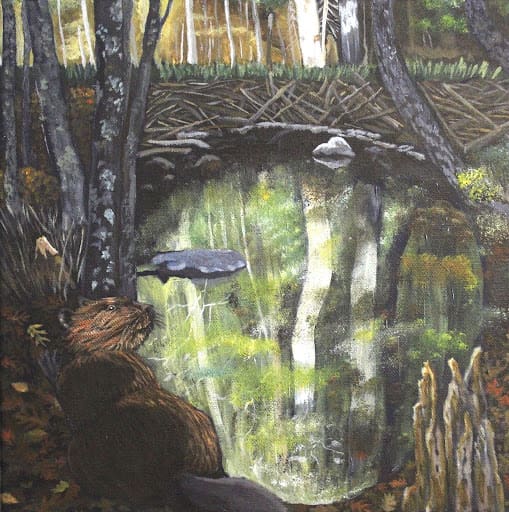
The 2025 Northeast Miniforest Summit featured more than a dozen speakers across two virtual half-days and an in-person bus tour, bringing together practitioners, researchers, and leaders from diverse fields to unpack the Miyawaki Method from root to canopy.
Recordings Are Now Live! Learn more and stay connected at miniforests.bio4climate.org
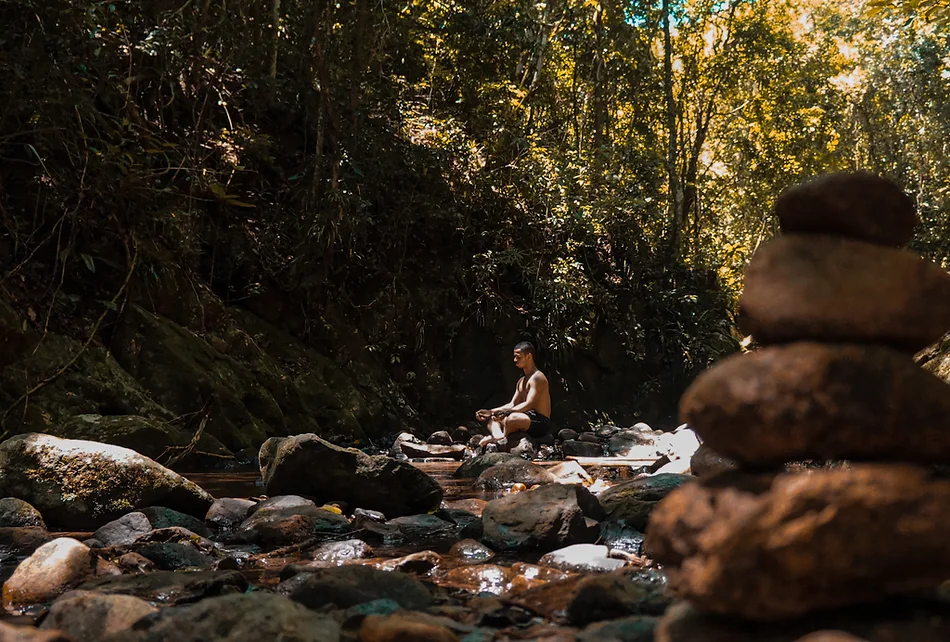
Tell nature’s climate story, the story of connection and life.
― Beck Mordini
Transformation in Mexico
Eco Restoration Works
Watch what happens! A degraded landscape in Mexico is transformed by regenerative management. It took only two years (the arrow points to the same tree).

